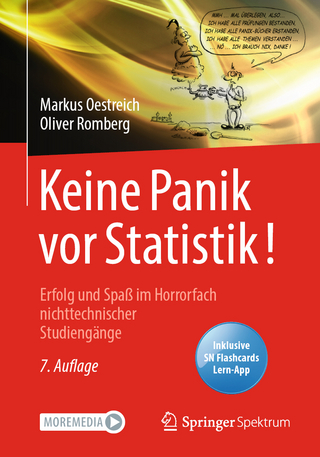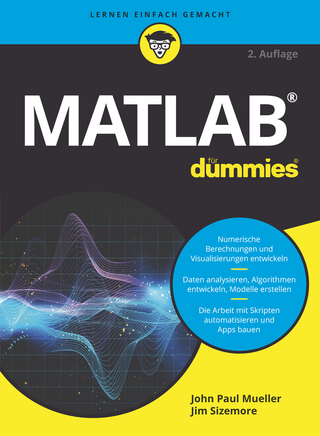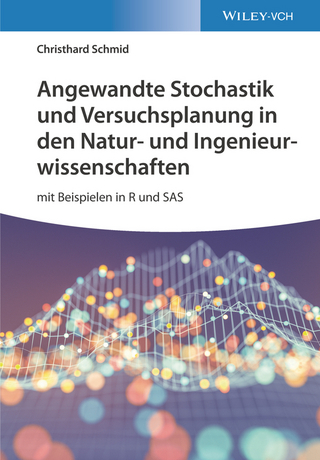The Entropy Principle
Springer Berlin (Verlag)
978-3-642-13348-0 (ISBN)
Prof. Dr. André Thess arbeitet als Professor für Thermodynamik und Magnetofluiddynamik an der Technischen Universität Ilmenau. Forschungsaufenthalte und Gastprofessuren führten ihn unter anderem an die Universitäten Princeton, Stanford, Michigan (USA), ENS Lyon, Ecole Polytechnique (Frankreich), Nagoya (Japan) und Shenyang (China). Seine Forschungsinteressen reichen von der elektromagnetischen Strömungsmessung in flüssigem Stahl bis zur Turbulenzforschung am weltgrößten Rayleigh-Bénard-Experiment ,,Ilmenauer Fass", welches unter seiner Leitung erbaut wurde.
Part1 Introduction.- Part 2 Adiabatic accessibility.-Part 3 Entropy.-Part 4 General conclusions.-Part 5 Specific applications.-Part6 Summary.- Part 7 References and further reading
From the reviews:
"This book attempts to describe the work of Elliott Lieb (mathematical physicist) and Jakob Yngvason (theoretical physicist) on entropy and the second law of thermodynamics from an axiomatic or logical point of view, without the need of the concept of temperature or heat engines. ... a supplemental resource that can greatly enhance an understanding of entropy. Summing Up: Recommended. Primarily physics upper-division undergraduates through researchers/faculty, but also history of science graduate students ... ." (J. Lambropoulos, Choice, Vol. 49 (2), October, 2011)
"The new book is written as supplementary material to existing textbooks in thermodynamics. It is primarily intended for students who find the traditional definition of entropy unsatisfactory. ... The present book is accessible to undergraduate students as well as to other scientists and engineers interested in the fundamentals of thermodynamics." (Claudia-Veronika Meister, Zentralblatt MATH, Vol. 1216, 2011)
| Erscheint lt. Verlag | 4.1.2011 |
|---|---|
| Zusatzinfo | XI, 180 p. |
| Verlagsort | Berlin |
| Sprache | englisch |
| Maße | 155 x 235 mm |
| Gewicht | 400 g |
| Themenwelt | Mathematik / Informatik ► Mathematik ► Wahrscheinlichkeit / Kombinatorik |
| Naturwissenschaften ► Physik / Astronomie ► Thermodynamik | |
| Technik ► Elektrotechnik / Energietechnik | |
| Technik ► Maschinenbau | |
| Schlagworte | Entropy • heat transfer • Lieb-Yngvason Theory • thermodynamics |
| ISBN-10 | 3-642-13348-7 / 3642133487 |
| ISBN-13 | 978-3-642-13348-0 / 9783642133480 |
| Zustand | Neuware |
| Haben Sie eine Frage zum Produkt? |
aus dem Bereich




